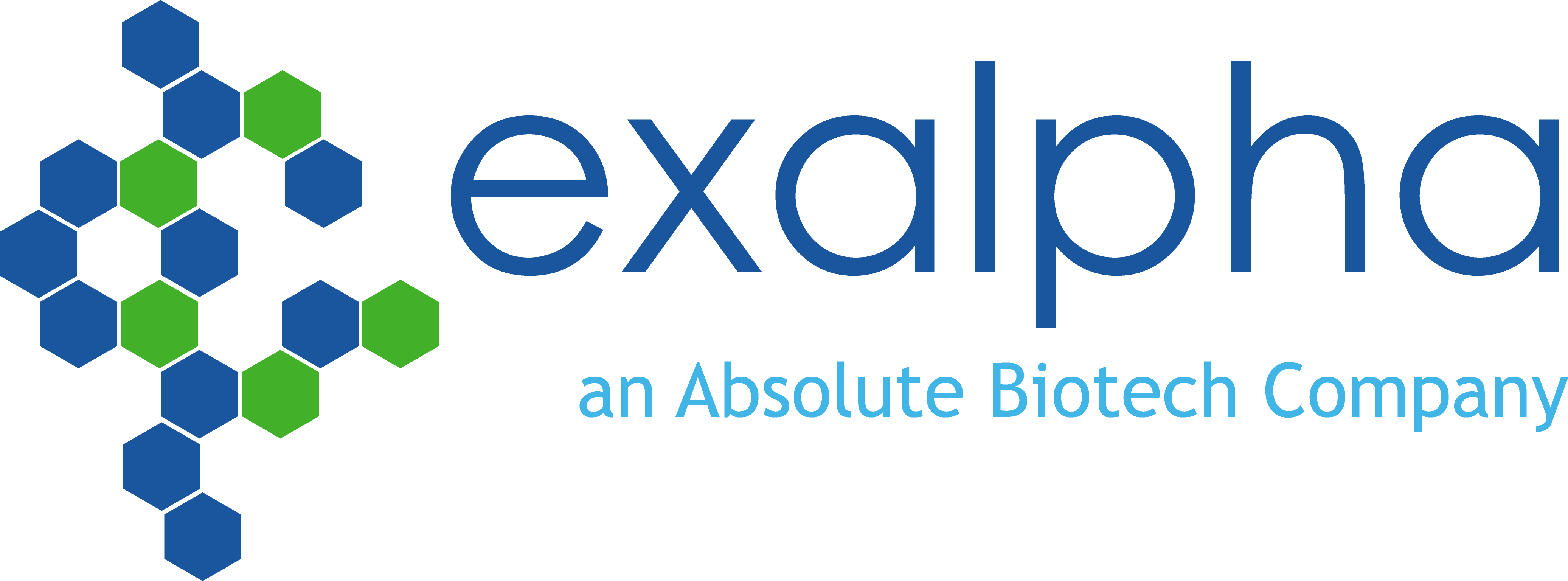
LNX2
Catalog number: X2346B$160.00
Add To Cart| Product Type |
Blocking Peptide |
| Units | 50 µg |
| Host | Rabbit |
| Species Reactivity |
Human |
| Application |
Western Blotting |
Background
Interacts with the phosphotyrosine interaction domain of Numb. Lnx proteins may server as molecular scaffolds that localize unrelated, interacting proteins, such as Numb, to specific subcellular sites. Forms oligomers via their PDZ binding domains to PDZ-binding consensus motifs located in their C-termini or by homophilic oligomerization of their RING fingers.
Synonyms: Numb-binding protein 2, PDZ domain-containing RING finger protein 1
Source
Immunogen: Synthetic peptide derived from human LNX2 protein
Product
Product Form: Unconjugated
Formulation: Provided as solution in phosphate buffered saline
Concentration: See vial for concentration
Applications
For use with LNX2 polyclonal antibodies (Cat. No. X2317P & X2345P).
Functional Analysis: Western Blotting
Positive Control: Protein found in colon and in developing and adult brain.
Storage
Product should be stored at -20°C. Aliquot to avoid freeze/thaw cycles
Product Stability: See expiration date on vial
Shipping Conditions: Ship at ambient temperature, freeze upon arrival
Caution
This product is intended FOR RESEARCH USE ONLY, and FOR TESTS IN VITRO, not for use in diagnostic or therapeutic procedures involving humans or animals. It may contain hazardous ingredients. Please refer to the Safety Data Sheets (SDS) for additional information and proper handling procedures. Dispose product remainders according to local regulations.This datasheet is as accurate as reasonably achievable, but our company accepts no liability for any inaccuracies or omissions in this information.
References
1. Rice, D.S., et al. 'The Lnx family proteins function as molecular scaffolds for Numb family proteins.' Mol Cell Neurosci. 2001 Nov;18(5):525-40.
2. Mirza, M., et al. 'The cell surface protein coxsackie- and adenovirus receptor (CAR) directly associates with the Ligand-of-Numb Protein-X2 (LNX2).' Exp Cell Res. 2005 Sep 10;309(1):110-20.
Protein Reference(s)
Database Name: UniProt
Accession Number: Q8N448
Species Accession: Human
